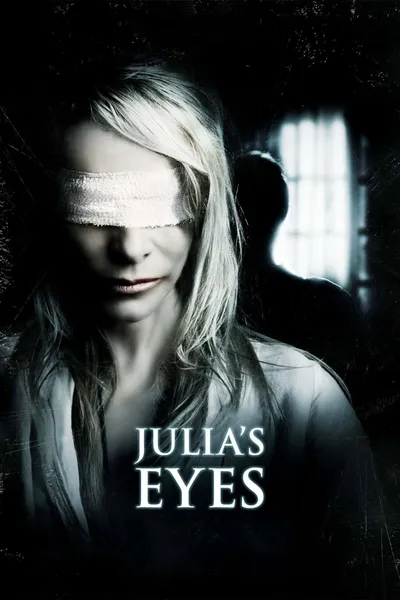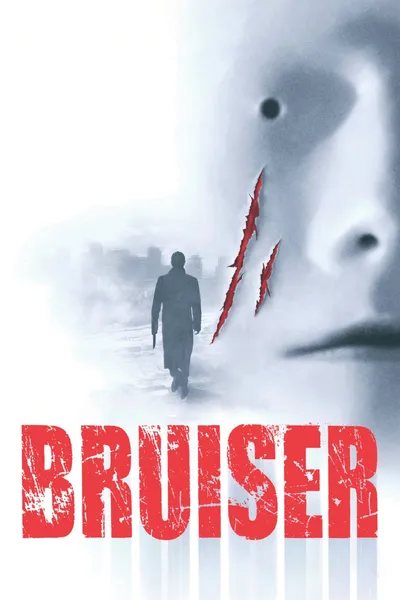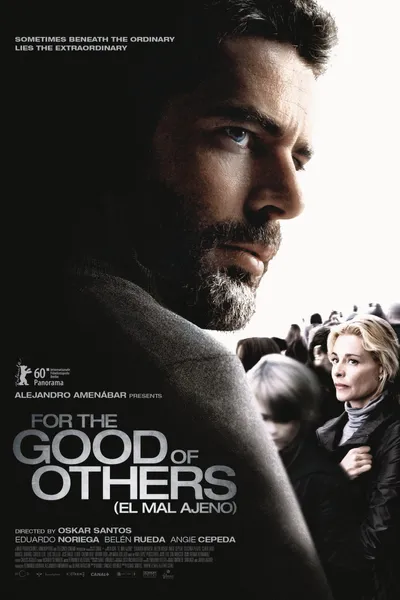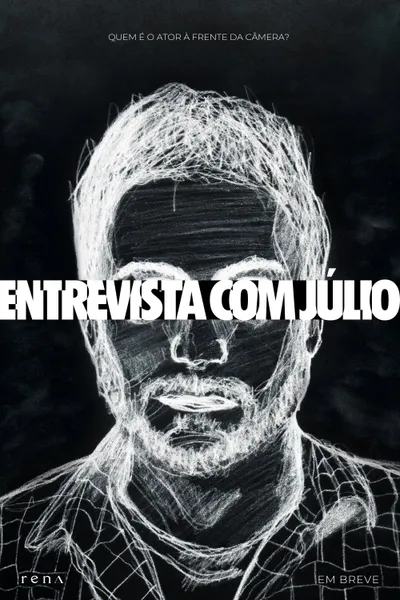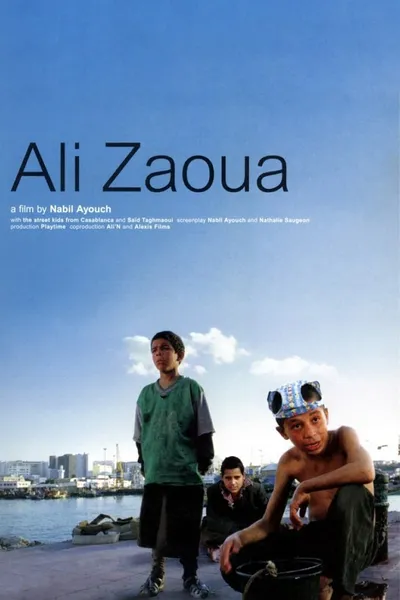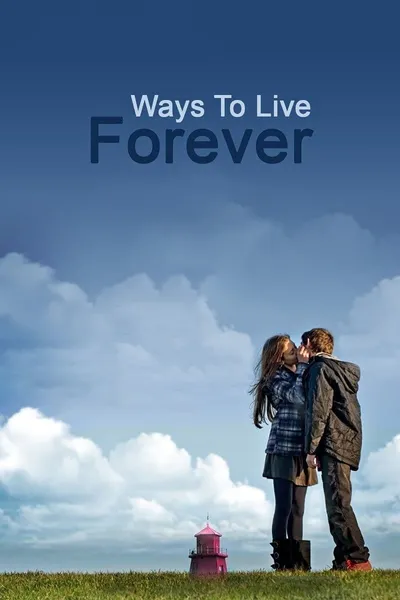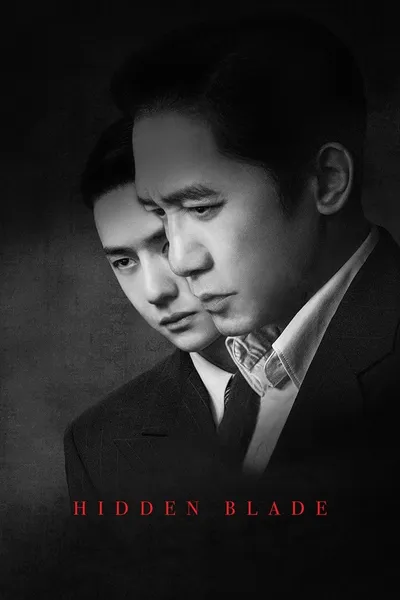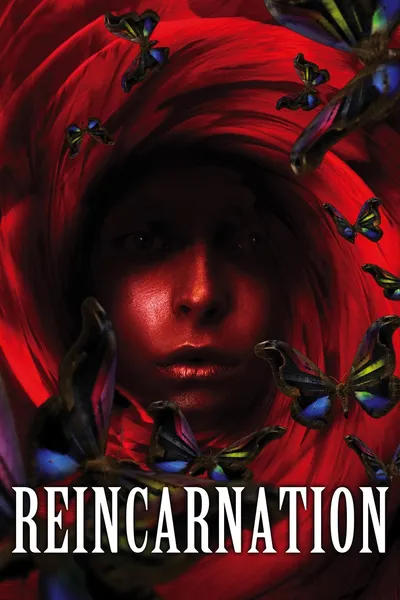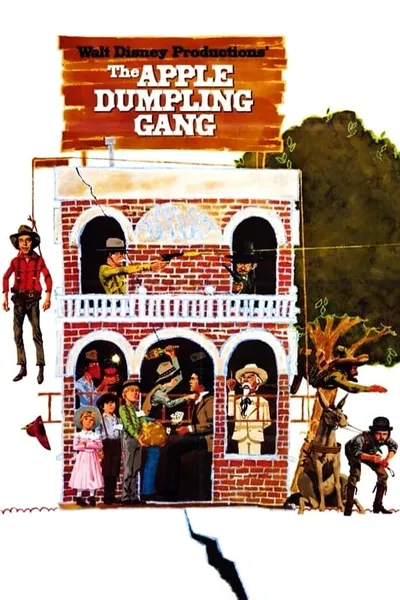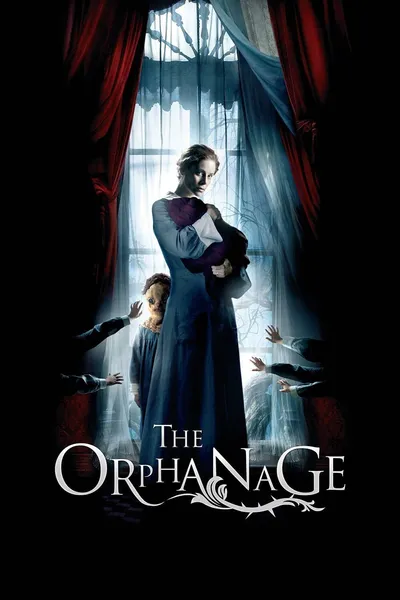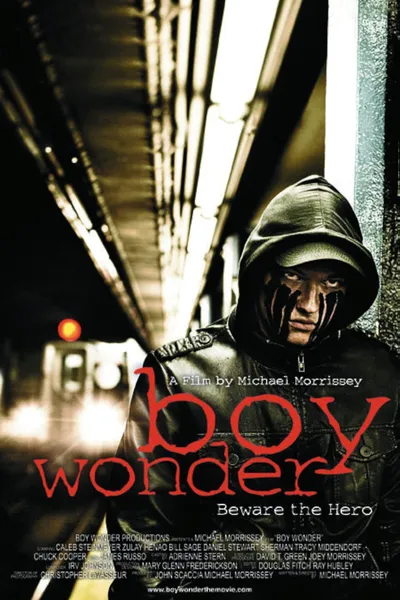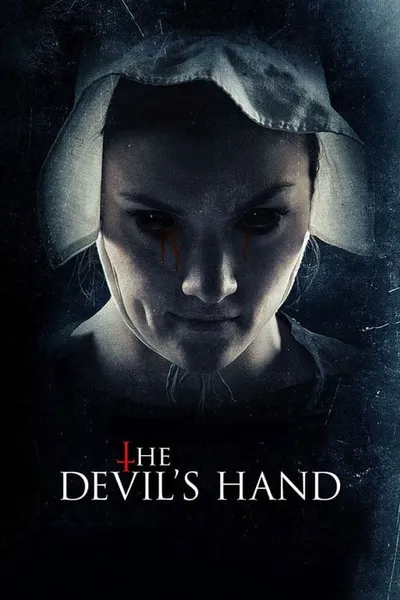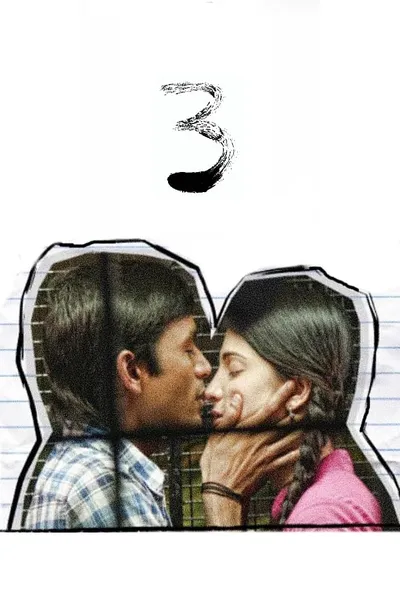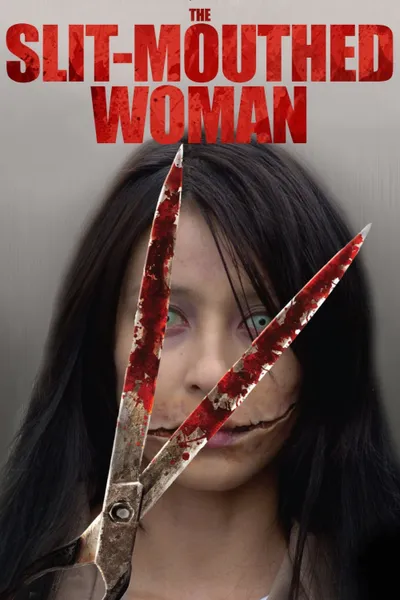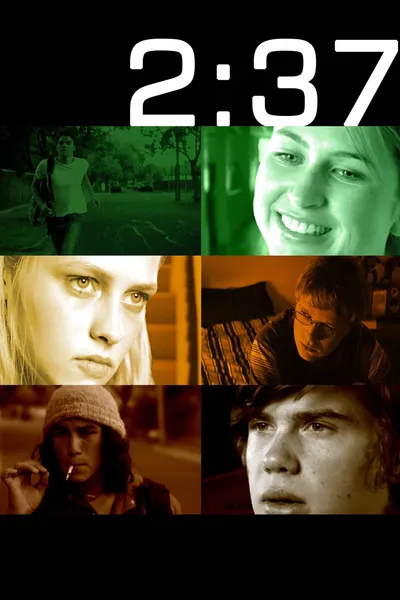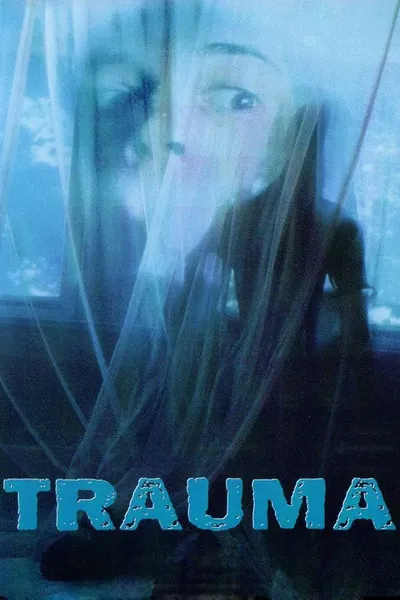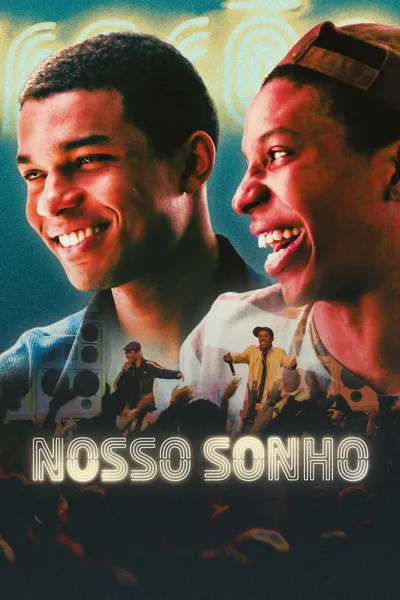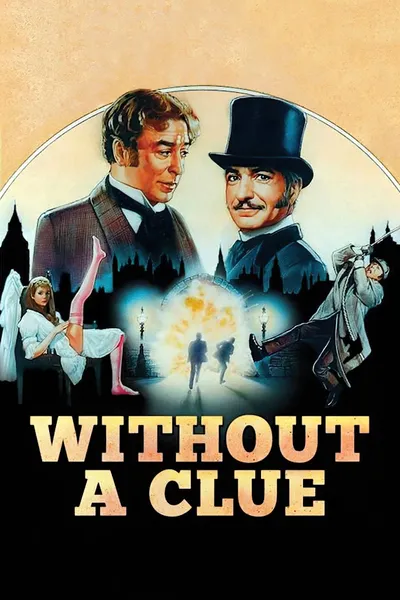Reviews
Matt Golden
July 21, 20130.0
Twin sisters Julia and Sara (each played by Belén Rueda) both suffer from a degenerative eye disease that robs them of their sight; Sara lost her vision completely, and it’s only a matter of time before Julia’s sight follows. The film begins with the death of the blind Sara, apparently being menaced by someone in her home, then hanging herself. Details surrounding Sara’s death don’t add up for Julia, however; why would Sara kill herself? She was scheduled to have an operation to restore her sight, and she just met someone. Julia and her husband Isaac (Lluís Homar) begin to investigate, but time is running out: Sara may have been murdered, her danger is now turning toward Julia, and the added stress is stealing Julia’s remaining vision ever faster...
There are so many great concepts here. The most primary is blindness, and the terror it invokes. Our heroine knows the remaining time she has with her sight is short, and the agony she (and her husband) feels over its loss is palpable. Not content with the mundane horror of blindness, the film ups the ante by putting this woman with ever-dimming sight into a life-or-death struggle to discover what happened to her sister and prevent it from befalling her as well. Few horror films are able put their protagonist in such a nail-bitingly vulnerable position.
Even fewer horror films, however, have the terrific Belén Rueda anchoring them. Rueda’s performance is incredible, by turns vulnerable, heartbroken, terrified and full of steely resolve. She and Homar have a warm, believable chemistry that informs their performances as a married couple with a devastating disease hanging over their heads. Will he love her when she’s blind? Will he abandon her? He’s sick with worry over the stress and her imminent plunge into blindness. She’s driven by guilt to discover what happened to her sister, even knowing what it may cost her.
The film itself is a masterwork of tension and style, including some gorgeous and clever cinematography by Óscar Faura. This is indeed one of the most stylish thrillers I’ve ever seen, particularly a conceit that director Guillem Morales effects around the midway point and is clever, frustrating, and hideously effective. The film eschews (as all the best do) copious blood and gore, and milks the quiet horror of Julia’s predicament for everything it’s worth.
There are a couple of story beats high-concept enough they may raise your eyebrow after the fact, but when your film is this immaculately-crafted, this terrifying, this effective…who the hell cares? If you’re not on the edge of your seat by the time of the film’s hellishly tense finale, I fear you may require medical attention. Mystery, thriller, horror, character study…the film is all these things and more, blended into an arresting film experience that elicits a full catalog of fears ranging from the mundane to the Grand Guignol.
Julia’s Eyes is ever more proof of what I’ve been saying: these days, the best horror films speak Spanish.

CinemaSerf
April 23, 20247.0
Failing eyesight runs in the family here as the blind "Sara" apparently takes her own life in the basement of her home, leaving sibling "Julia" (Belén Rueda) - herself with irreversible eye problems of her own - left to investigate just what happened. Everyone is convinced it was suicide, but not "Julia" and when she and husband "Isaac" (Lluís Homar) have to temporarily move into her sister's home she begins to piece together a puzzle that involves the specialist eye clinic they both attended, a mysterious boyfriend and some very sceptical police officers led by "Dimas" (Francesc Orella). The first hour of this is all pretty standard horror fayre, but once we've got past the character establishment and domestic squabbling stage, it turns into a decently menacing thriller with quite a compelling effort from Rueda as the increasingly panic-stricken character. Most of the sense of horror here is easily transferable to an audience if you shut your eyes and let your ears and the darkness do your petrifying for you. It's not for the squeamish either - needles, eyeballs, hospitals - not for the faint hearted! The end product here is an hybrid of a few styles and is hardly ground-breaking, but it benefits from taut direction at the end and a solidly fearful performance from a Rueda who looks as terrified as were were supposed to feel. I enjoyed this.
Recommendation Movies
Bruiser2000
For the Good of Others2010
Everything Beautiful Is Far Away2017
Liar Game: Reborn2012
Interview with Júlio2025
Ali Zaoua: Prince of the Streets2000
Ways to Live Forever2010
Tom Petty & The Heartbreakers: Live in Concert2004
Hidden Blade2023
Reincarnation2006
The Apple Dumpling Gang1975
The Orphanage2007
Boy Wonder2010
The Devil's Hand2014
32012
Carved: The Slit-Mouthed Woman2007
2:372006
Trauma1993
Our Dream2023
Without a Clue1988
© 2024 MoovieTime. All rights reserved.Made with Nuxt
